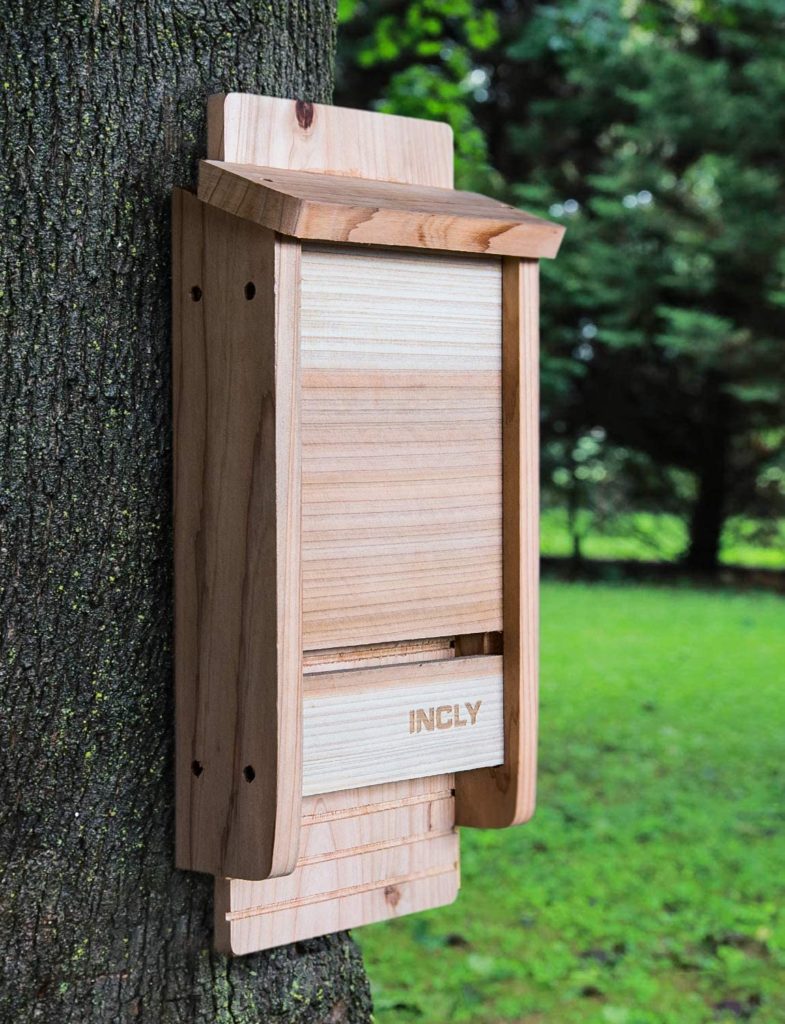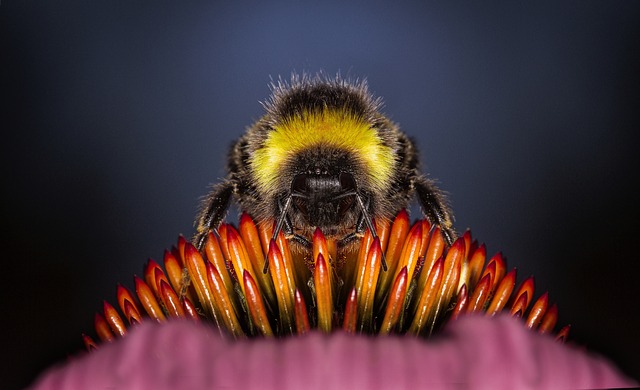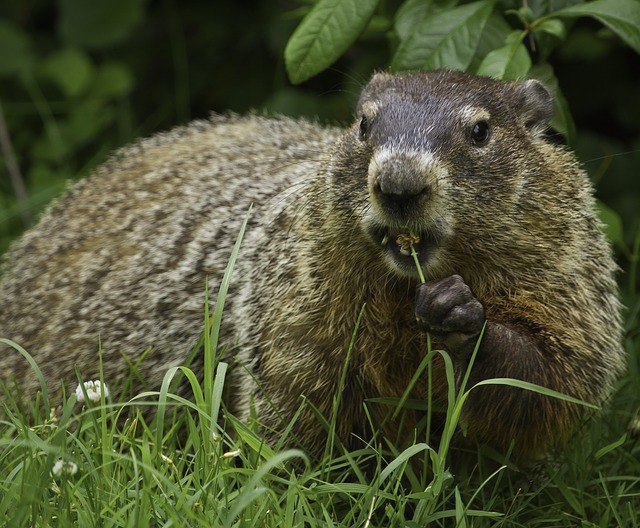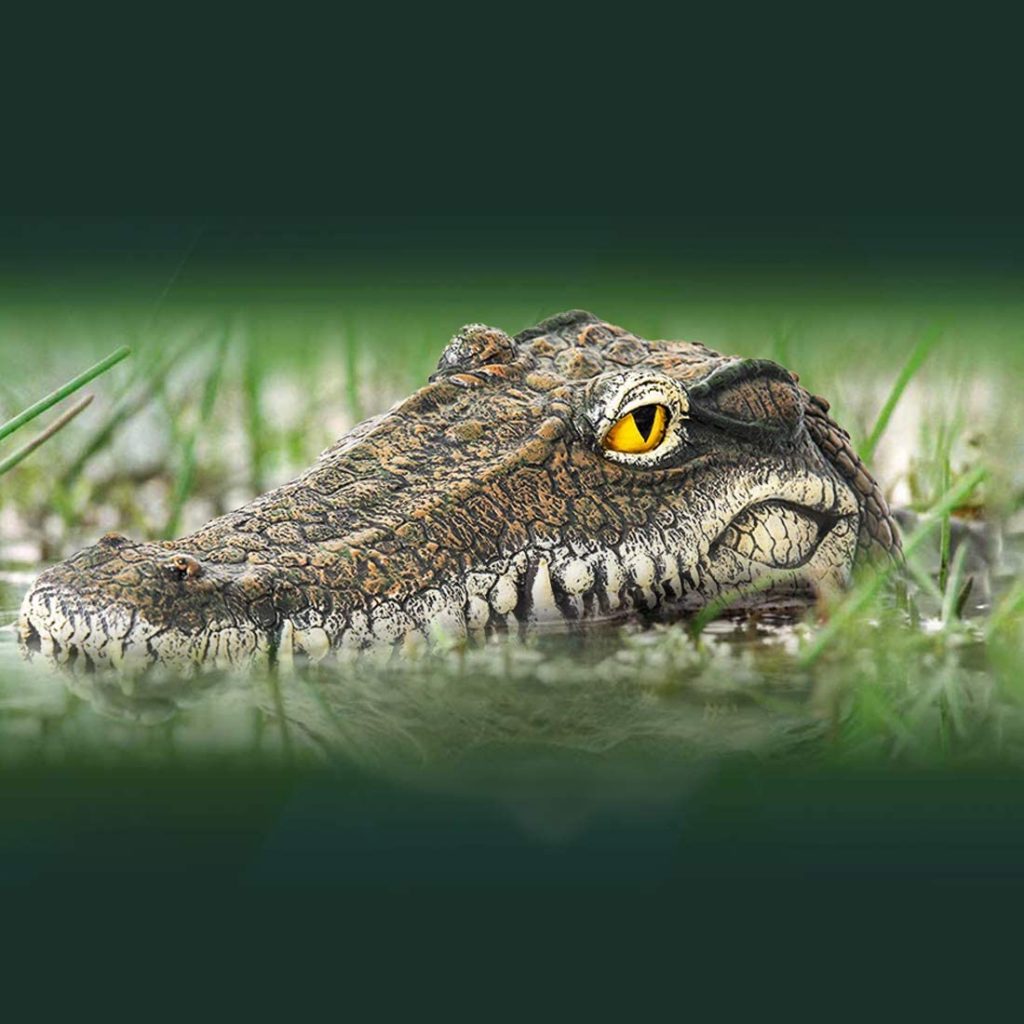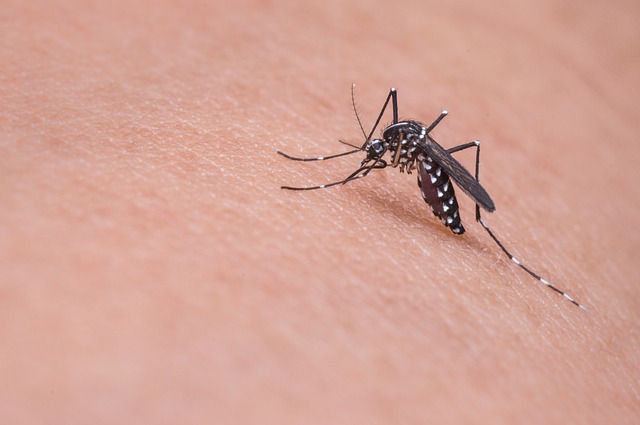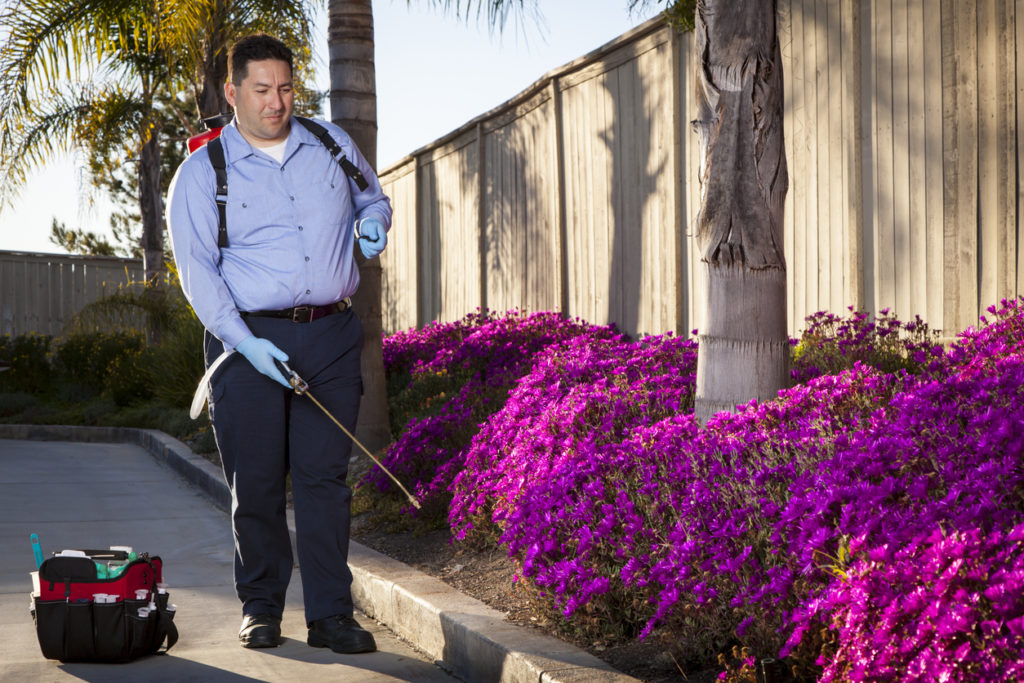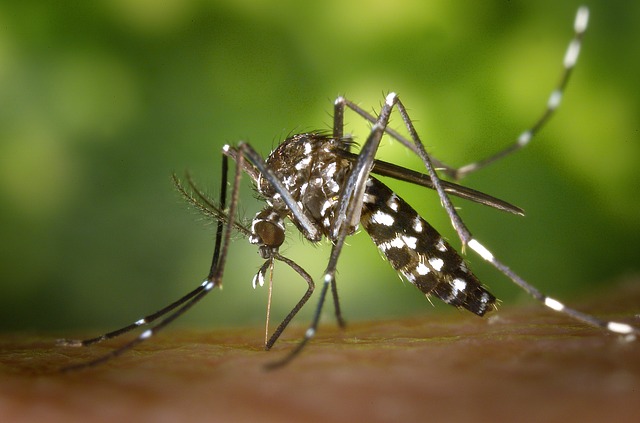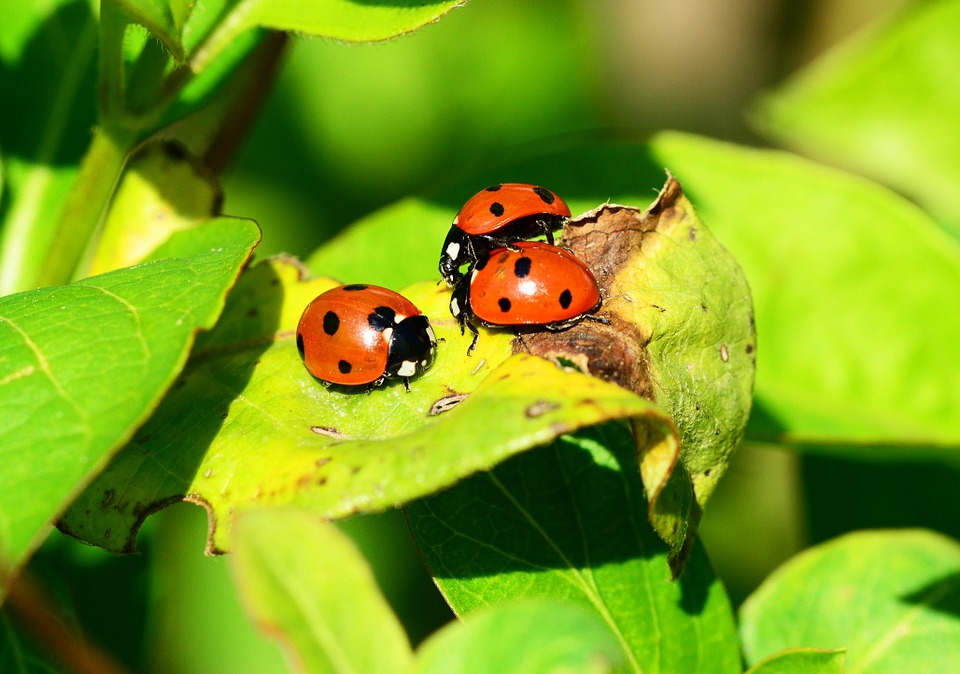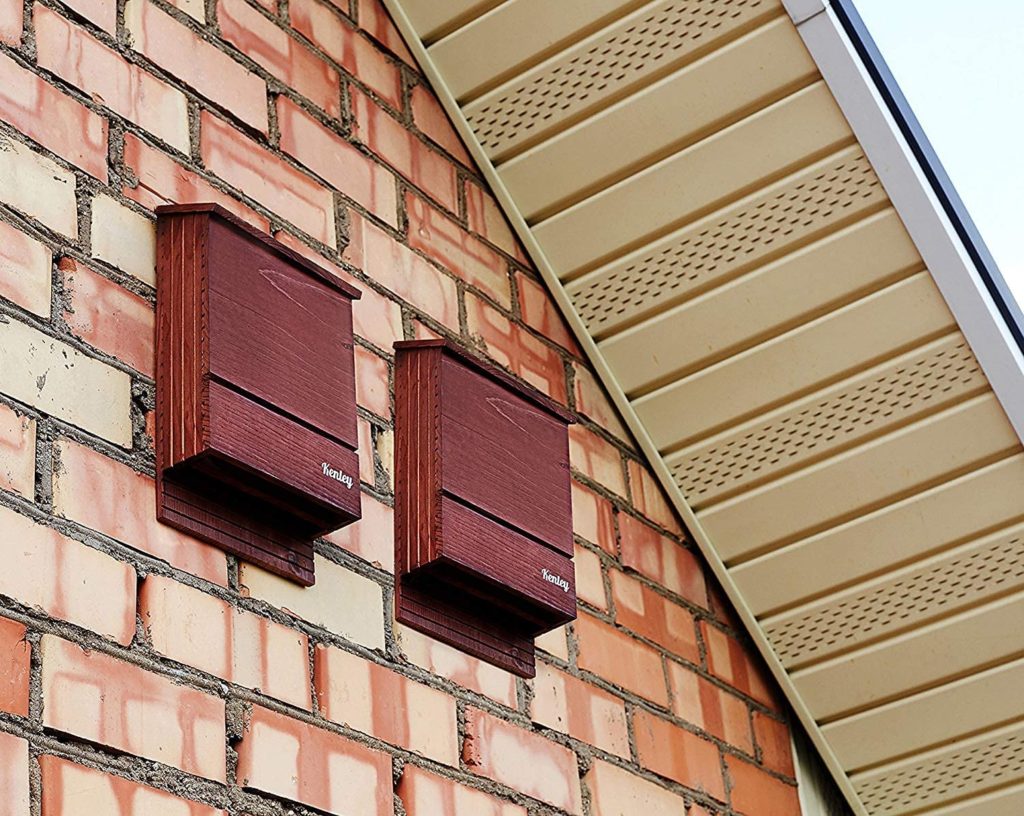
Where to put a bat house is an important decision. If it’s not in an appropriate spot, you may be putting your resident bats in danger. Or you may end up with an empty house since no bats are interested in living in it. So you’ll need to know a few things first in order to pick the right area.
Benefits Of Bats
Having bats in your backyard offers some big advantages. Because most species consume insects they can help to keep the mosquito population down to a minimum. But of course, they will also eat many other insects that are considered to be backyard pests too. And don’t forget the guano.
Bat poop is a fabulous fertilizer and having your very own constant supply is another one of the many bat house benefits you can expect. Bats also help to pollinate many different varieties of plants. However, you can only enjoy these advantages if bats decide to move in. While you can’t force them to pick your bat house as their home, by placing it somewhere that suits their needs they will be much more likely to take up residence in it.
Water
One of the best ways to entice bats into using your bat house is by installing in near water. Bats need water to survive and prefer to roost nearby. Water sources also provide an ample supply of insects for them to eat. Ideally, this means placing a bat house within a quarter of a mile of a river, lake, stream, or pond although manmade options such as swimming pools work too.
Near A Current Roost
Many homeowners already have a roost on their property and are planning to bat-proof the location in the near future. This is often the case in attics or barns. By hanging a bat house as close as possible to the roost before the bats are excluded from it, you can often get them to move right in.
Sunlight
Bats like to roost where it’s hot. So the best bat house spots are areas that receive a lot of sunlight. An area that has at least six hours of direct sunlight per day would be ideal. To get as much midday sun as possible, placing your box so that it is facing the southeast can be a big help.
Not On Trees But Near Them
Many people assume that hanging a bat house on a tree is the most natural solution. However, this is not usually the case. In fact, trees make it easier for predators to climb up and get into a house for a bat snack. Trees also may provide too much shade and therefore don’t allow a house to heat up to the temperatures that bats prefer.
Instead, you can mount a bat house on a pole or the side of a building. (Houses that are mounted on buildings tend to heat up faster which is appealing to bats.) Your bat house should be close enough to trees so that bats can use them to escape from owls and other flying predators that may try to swoop down on them. But at the same time, it should be far enough away from trees that it isn’t shaded by them.
Other Bat House Considerations
You should install your house from ten to twenty feet off the ground. Any branches, shrubs, or possible obstructions close to the entrance of the house will need to be cut back or removed so that the bats can get in and out safely. Keep in mind that an area where the bats will be constantly bothered by people is of course not the best place to put a bat house.
Also, be sure not to place your house directly adjacent to a road. This can put bats at risk of being injured by passing vehicles. Areas where there are strong winds, such as hilltops, should also be avoided since they may cause the house to fall in the future.
The location is the most important factor in attracting bats to a house. And now that you know where to put a bat house in your yard, and where not to, you’ll be able to increase the odds of having your very own resident bats move in.
Start Shopping for Bat Houses!
The Top Bat House Benefits
Buy on Amazon A bat house is a specially designed shelter for bats. It provides them with a safe and convenient place to sleep. While they are great for the bats, there are many bat house benefits you can enjoy as well when you have one in your yard. Keep Bats Out Of...
Beneficial Garden Insects And Creatures Often Confused For Pests
There are many animals that we consider to be pests. However, many of them actually perform critical tasks and help to control the populations of much more devastating species. The following beneficial insects and creatures are ones you’ll want to keep around....
The Most Common Backyard Pests
Your backyard is an ecosystem, however, not all of the animals which reside in or near it have the manners you’d like them to. There are many different animals that can be a nuisance. Here are some of the most common backyard pests that you’re likely to encounter....
The Complete Alligator Decoy Guide
Buy on Amazon Trying to keep predators and pests out of your pond or pool can seem like an impossible task. It can be time-consuming, frustrating, and the damage they cause can be costly and messy. With an alligator decoy, you’ll be able to use their instincts against...
How To Keep Mosquitoes Away From Your Outdoor Living space
If you want to enjoy your outdoor living space during the warmer months without getting eaten alive by mosquitoes, then there is work to be done. Read on below to find out exactly how to keep these blood-sucking pests away from your backyard when the temperature heats...
Pest Control Planning-3 Methods That Are Safe For Your Home and Family
Just the thought of dealing with an infestation of insects or rodents can be enough to send homeowners into a panic. Yet at the same time, the idea of spraying dangerous chemicals on your property can also be unsettling. Fortunately, you don't have to compromise your...
4 Natural Ways to Pest-Proof Your Garden and Patio
Summer is fast approaching, which means it's time to plan out all the fun outdoor activities in your garden. Whether that's having a barbecue, starting a vegetable patch, or chilling in an outdoor pool, summer is the perfect time to take advantage of your garden and...
Green Tips for a Green Garden
Unwanted pests and unwanted weeds are always popping up in the garden. These can ruin flowers or other plants around the yard. Instead of using dangerous chemical pesticides as a means of pest control, there are organic alternatives that work just as well. Here are...
